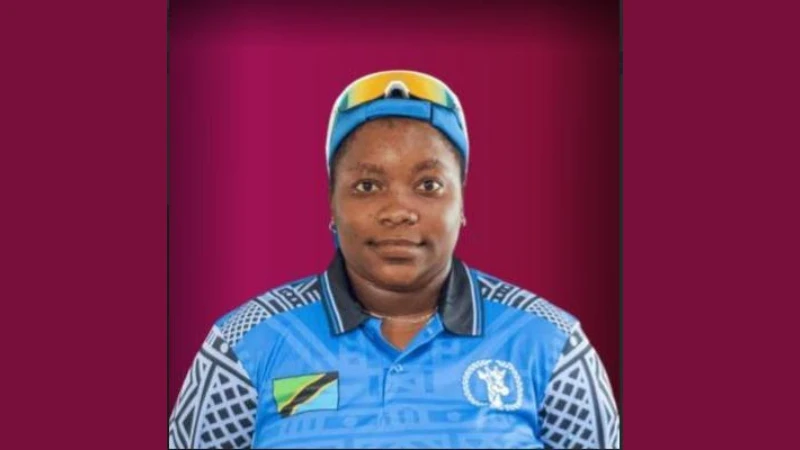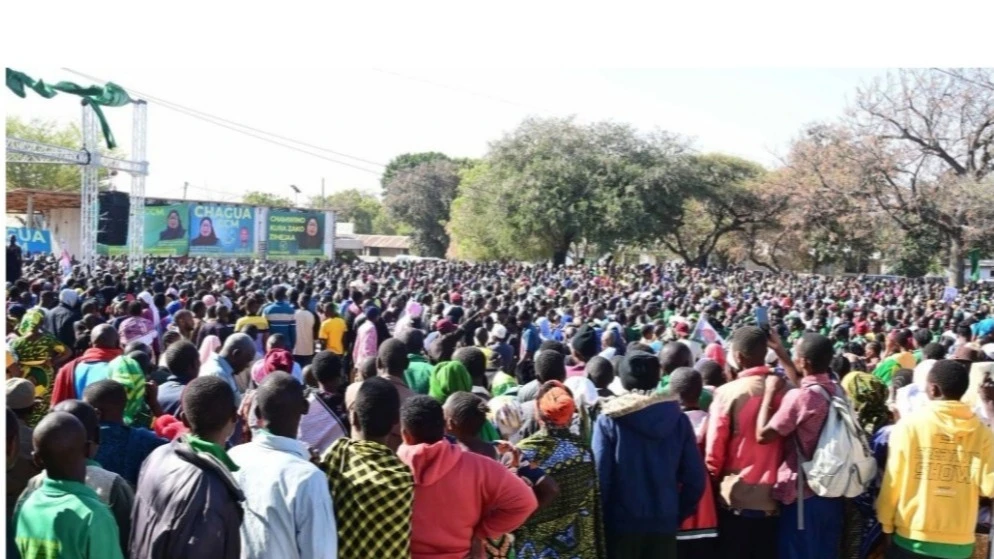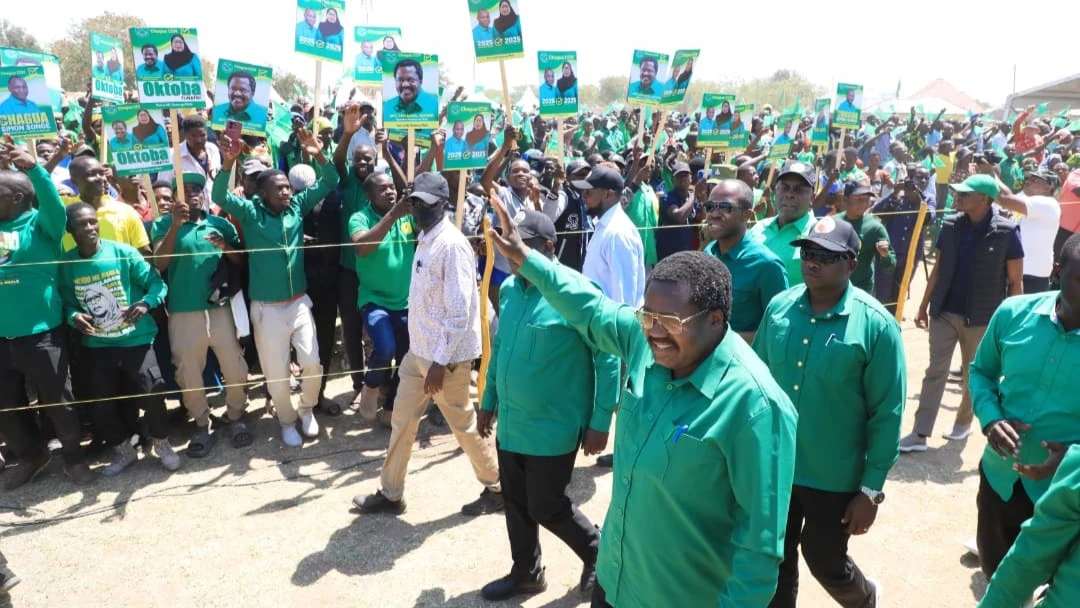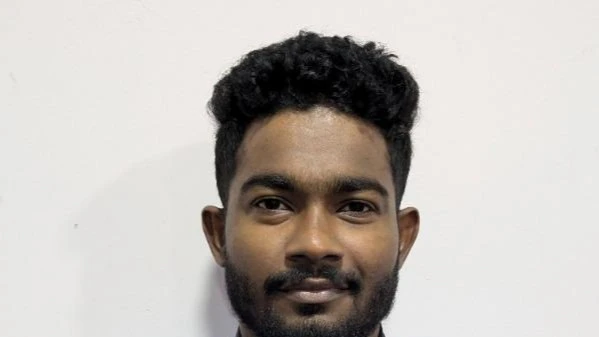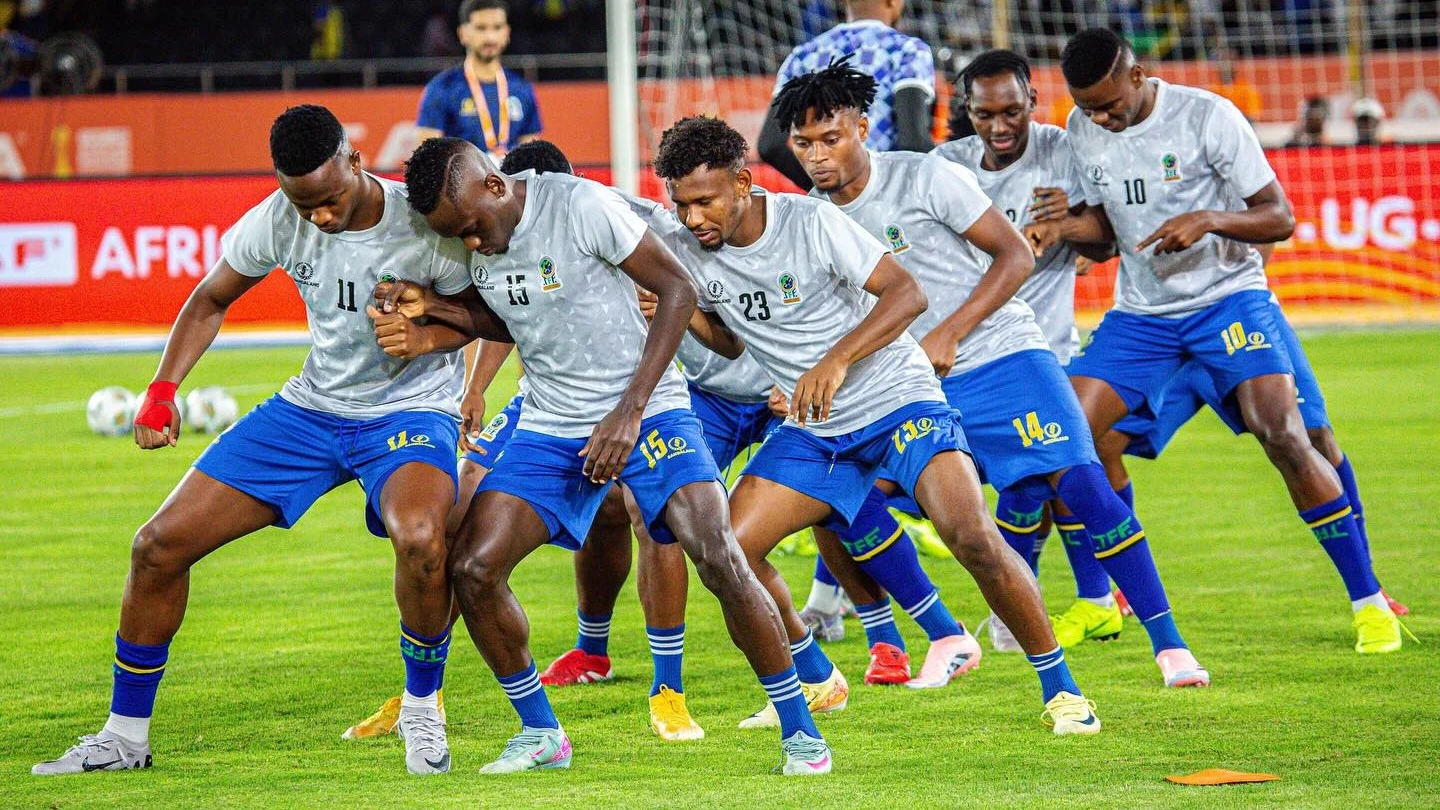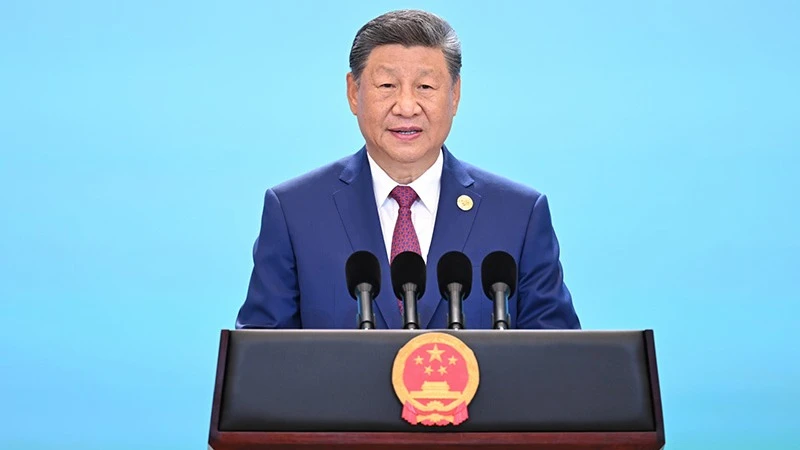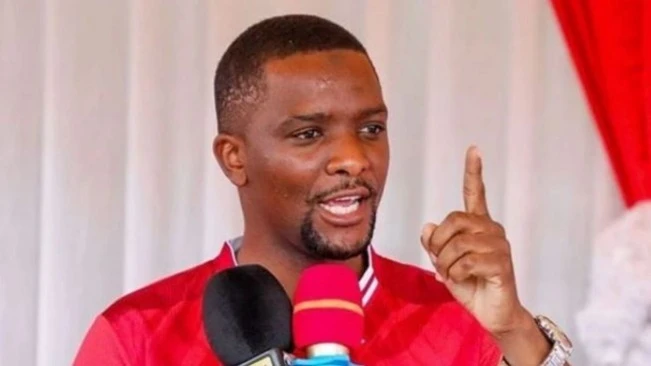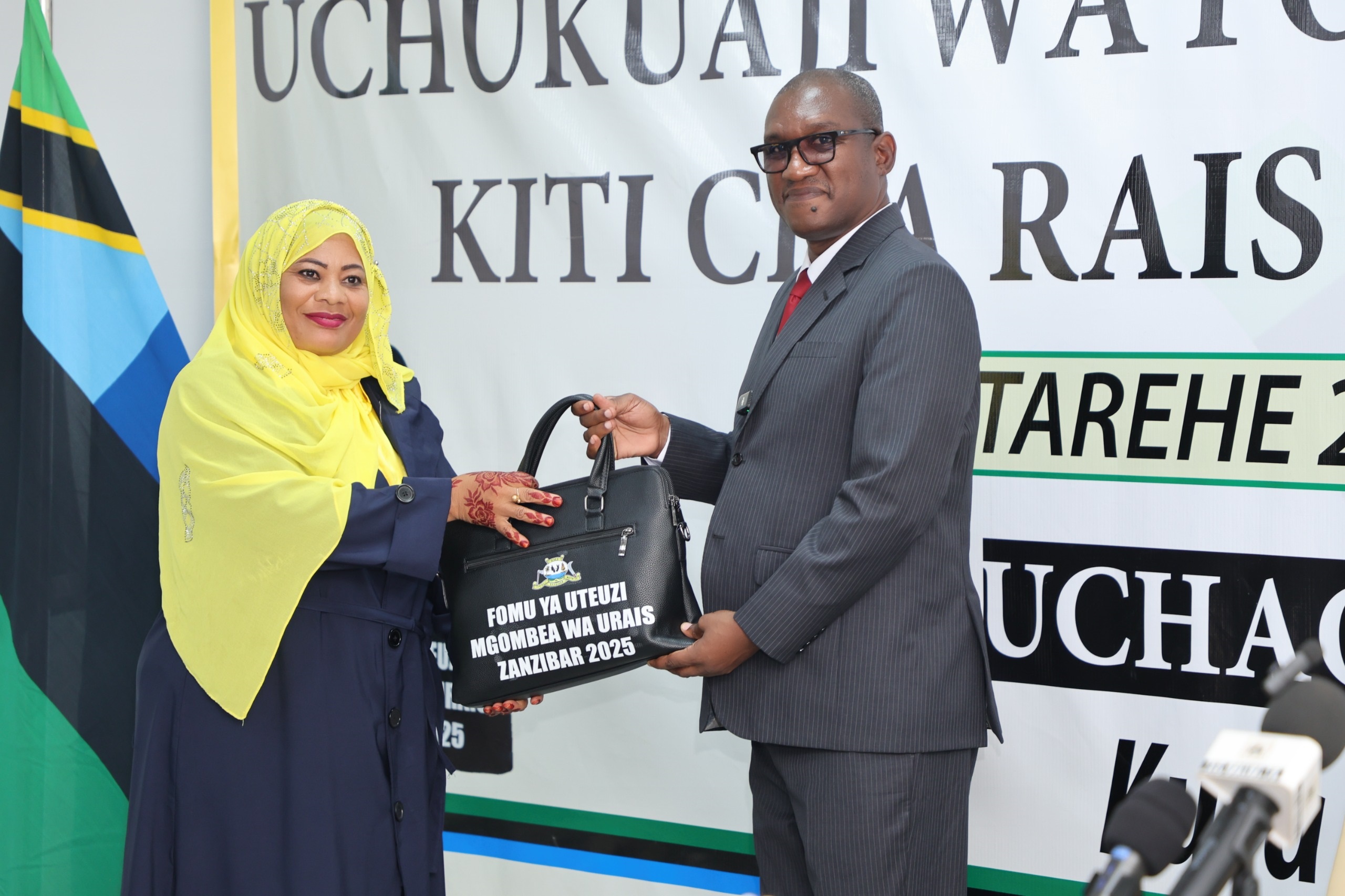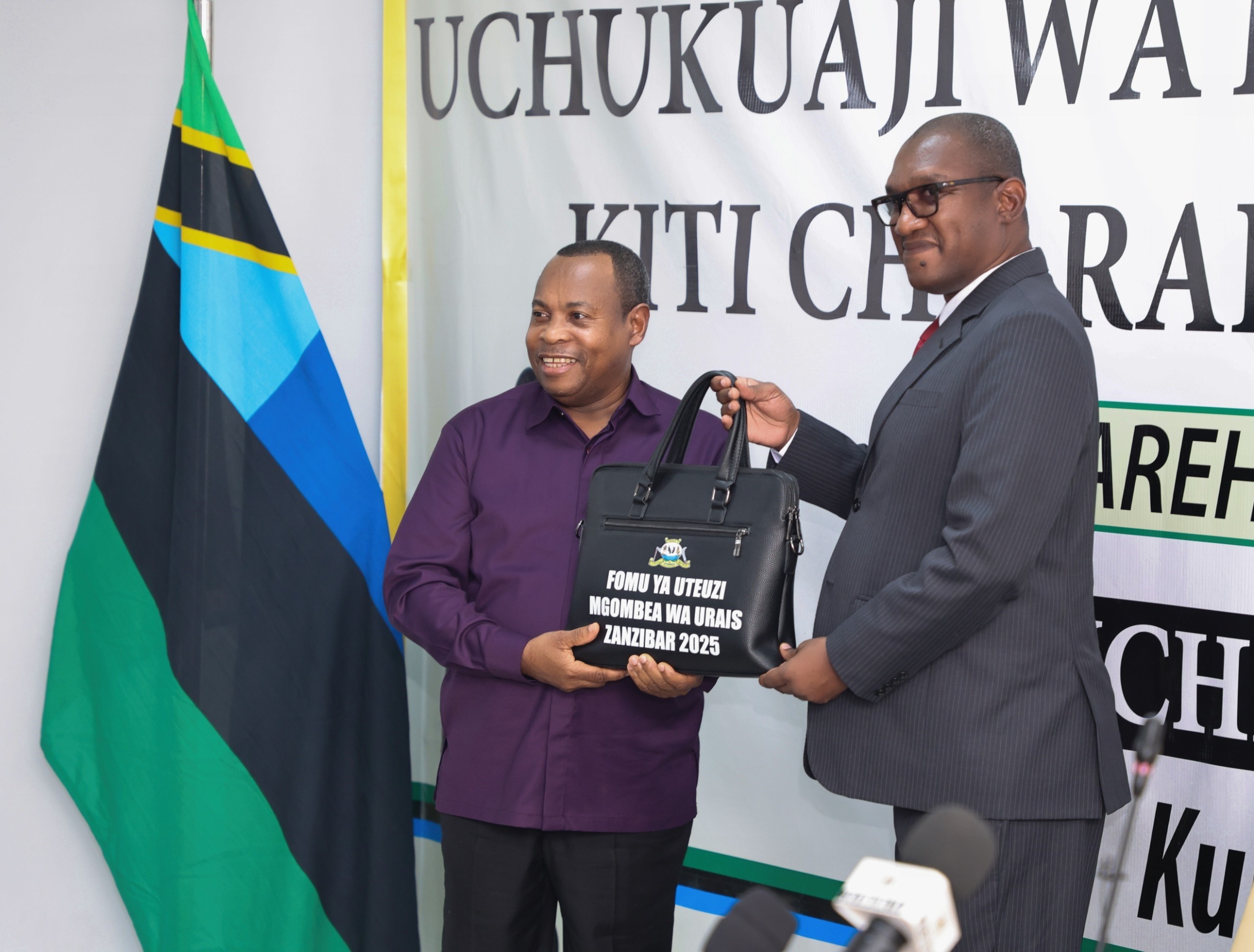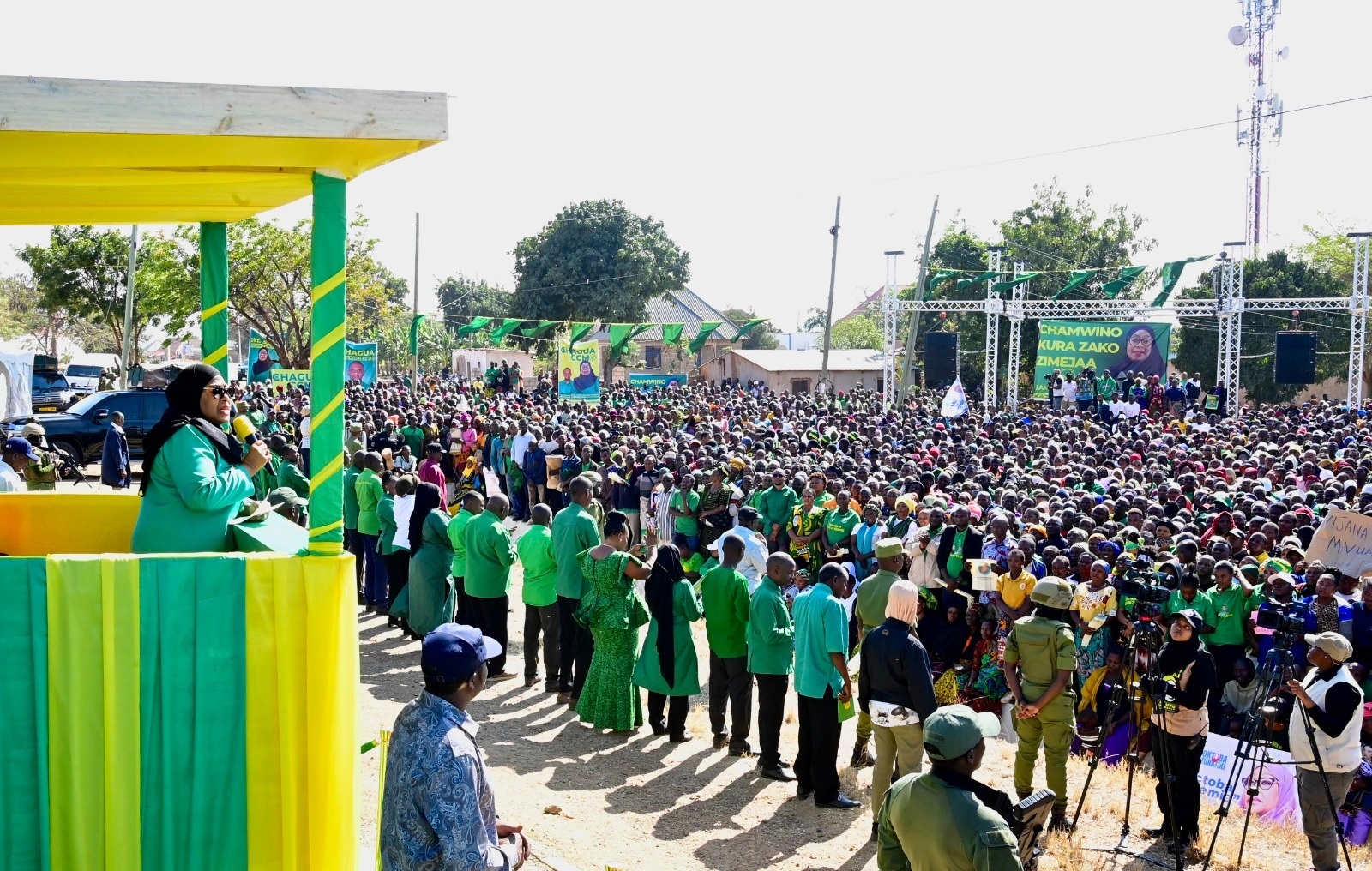Ward committees trained to tackle GBV in Loliondo

WARD-LEVEL committees of the national plan to end gender-based violence against women and children, known by its Kiswahili acronym MTAKUWWA in Longido District, Arusha Region, have received specialized training aimed at strengthening their capacity to combat GBV.
The training, organized in collaboration with community development stakeholders, was designed to equip the committees with practical knowledge and strategies to address GBV cases which have been more prevalent in pastoralist communities due to cultural practices and limited awareness.
Loliondo District Community Development Officer, Monica Wambura, said here at the weekend that empowering MTAKUWWA committees is a crucial step in safeguarding women and children against violence. She explained that the committees play a vital role in mobilizing communities and ensuring that GBV incidents are reported and handled through proper legal and social mechanisms.
“The sessions brought together committee members, religious leaders, community leaders and development partners. Participants were given tools to understand prevention and response to GBV cases and we emphasized the importance of close cooperation with relevant authorities such as police, health providers and social welfare officers,” she said.
She noted that participants were trained on key topics including the root causes of GBV, the community’s responsibility to protect vulnerable groups, the significance of timely reporting, monitoring mechanisms and the use of social strategies to prevent abuse before it occurs.
Wambura further added that the training also aimed to challenge harmful traditional practices and attitudes that often normalize violence, stressing that eliminating GBV requires collective commitment from all sectors of the society.
“The committees are now better positioned to educate their communities, especially in pastoralist areas where cases of early marriage, domestic violence and denial of women’s rights have been reported frequently,” she said.
Participants expressed appreciation for the training, noting that it had improved their confidence and knowledge in dealing with GBV issues.
Speaking on behalf of others, Sinyati Laizer, one of the committee members, said the sessions were eye-opening and had equipped them with practical skills to prevent and respond to GBV in their villages.
“We now feel capable of working with authorities to ensure that cases are reported early and handled effectively. As community leaders, we also have a responsibility to educate families on the dangers of gender-based violence and the need to protect women and children,” she said.
The training concluded with a pledge from participants to strengthen awareness campaigns and community dialogues aimed at eradicating GBV in Longido District.
Top Headlines
© 2025 IPPMEDIA.COM. ALL RIGHTS RESERVED








